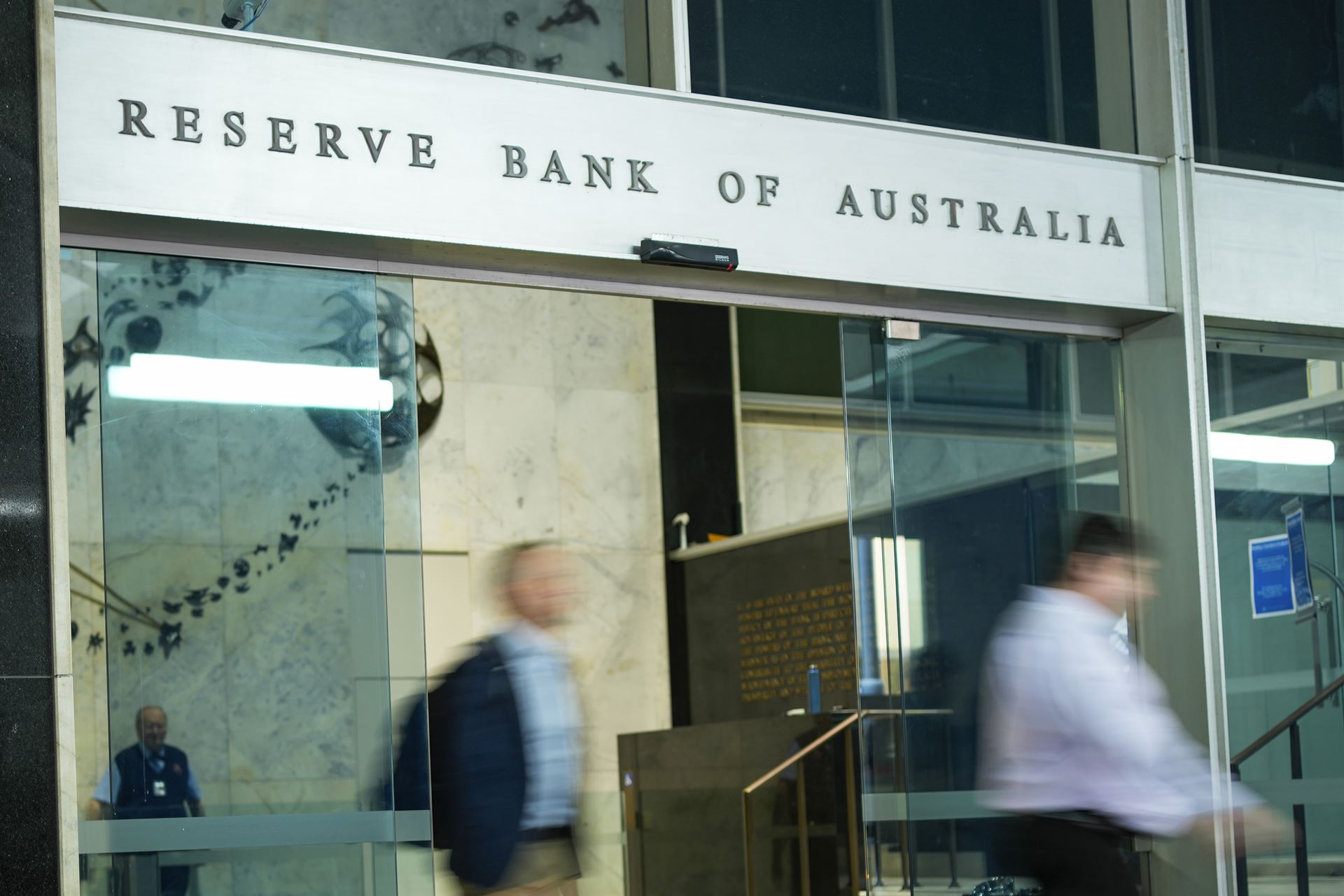
CANBERRA - Australia is less vulnerable than other countries to the impact of US tariffs, the country's central bank has said.
Reserve Bank of Australia (RBA) assistant governor and chief economist Sarah Hunter said on Friday that US President Donald Trump's 25 percent tariffs on all steel and aluminum imports will have a "relatively small" impact on Australia's gross domestic product (GDP).
"We're not as exposed as other countries," she told a parliamentary inquiry in Canberra.
ALSO READ: US tariffs seen as threat to its economy
"Tariffs can have really dislocating impacts in the short term, and that's what can generate these big downturns in their economy, and have implications both for GDP and for inflation. Here, our trade patterns are different."
The Australian government is pushing for an exemption from the steel and aluminum tariffs after being excluded from similar tariffs during Trump's first term as president.
READ MORE: Canada unveils first list of retaliatory tariffs against US
Hunter said that the effect of the tariffs on Australia's economy would be dependent on how other nations respond.
The board of governors of the RBA on Tuesday lowered the official cash rate target by 25 basis points to 4.1 percent, marking the first cut to the key interest rate since November 2020.
The decision was made after Australia's annual headline rate of inflation fell to 2.4 percent in December, down from a peak of 7.8 percent in December 2022.
READ MORE: ‘US tariff hike on steel imports violates multilateral trade rules’
Michele Bullock, governor of the RBA, admitted on Friday that the central bank was "too slow" to respond to rising inflation.
The RBA increased the cash rate target 13 times between May 2022 and November 2023 from a record-low of 0.1 percent to 4.35 percent.
"Arguably we were late raising interest rates on the way up. We didn't respond as quickly as we should have to rising inflation," Bullock said.
She reiterated that the bank will be "cautious" about future interest rate cuts, warning that premature cuts could delay or derail the fight against inflation.


